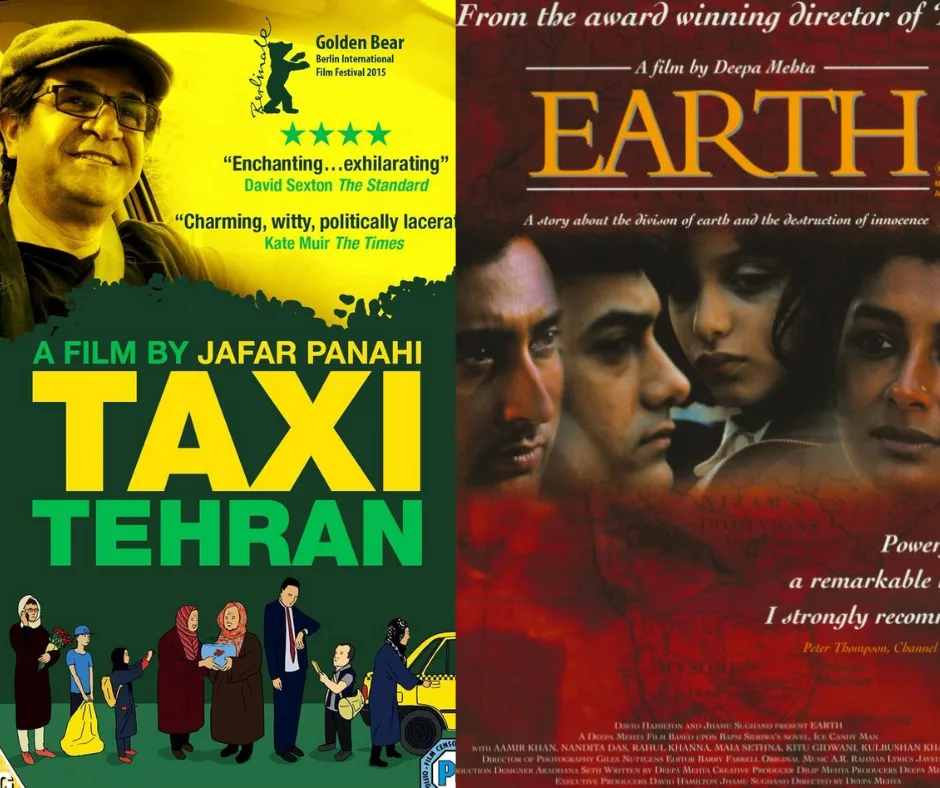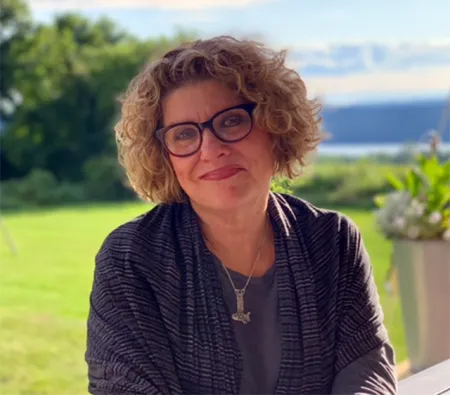One advantage to this approach is that it gives the students the chance to learn from professors with a wide variety of backgrounds and academic specialties. The course, which was recently approved for ICC diversity designation, highlights international and multicultural cinema such as Janar Panahi’s “Taxi Tehran” (2015), “1947: Earth” (1999), “Shanghai Triad” (1995), and “Arlit, deuxième Paris” (2005), directed by assistant professor of media arts, sciences and studies Idrissou Mora-Kpai.
“Students get a carefully curated highly crafted experience of immersion in cinema. They engage 125 years of cinema from around the world across narrative, documentary, and experimental forms, a very heterogeneous and dynamic structure, rather than a singular advocacy for one mode of cinema or one kind of national cinema,” said Zimmermann. “They're studying with a team of faculty with very different research expertise and teaching passions and backgrounds in the larger film culture beyond the academy.”
When constructing the course syllabus for the upcoming semester, Zimmermann, along with postdoctoral teaching fellow in screen studies Rachel Schaff and visiting assistant professor Arzu Karaduman — who team teach the course with her — sought out ways to adapt to remote learning platforms and incorporate virtual instructional tools into their class sessions.
Because films can’t be shown over Zoom, their biggest hurdle was finding a way for students to access all of the content they’d be analyzing. In collaboration with the college’s library, its staff was able to digitize and upload content to Sakai for students to view asynchronously.
“We are blessed with an amazing set of librarians, and they worked with us to get 65 different pieces of media uploaded,” said Zimmermann. “They were so encouraging and supportive. You can’t mount a course with 150 students and three professors without people helping you.”

